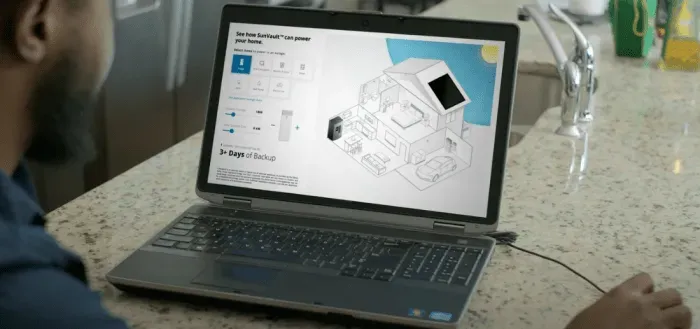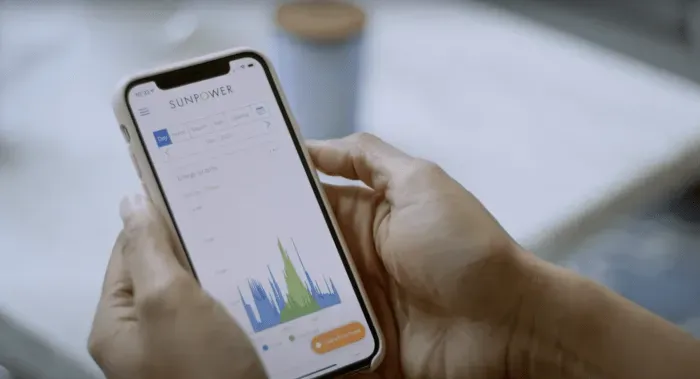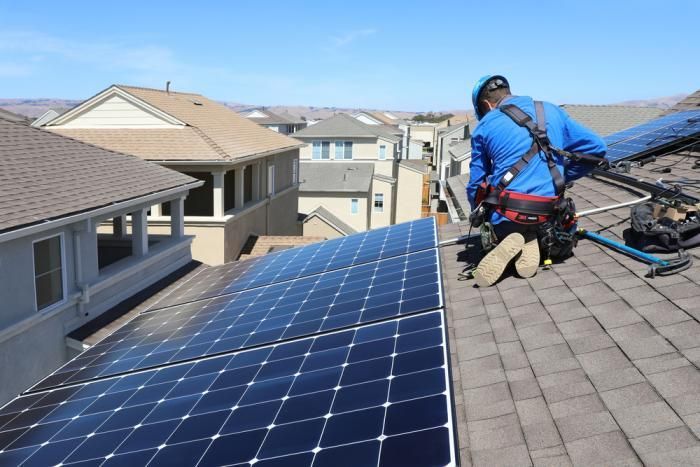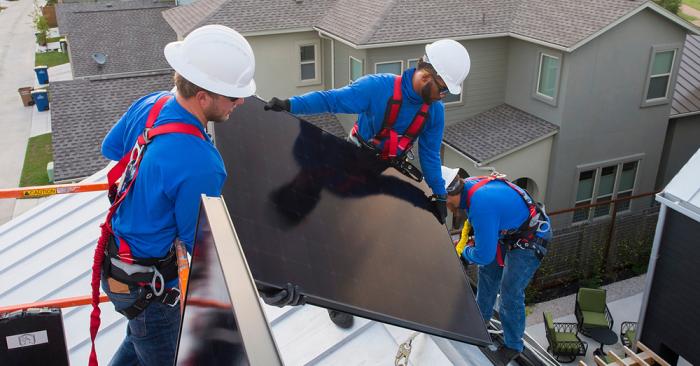Maximize Your Solar Savings with the Federal Solar Investment Tax Credit
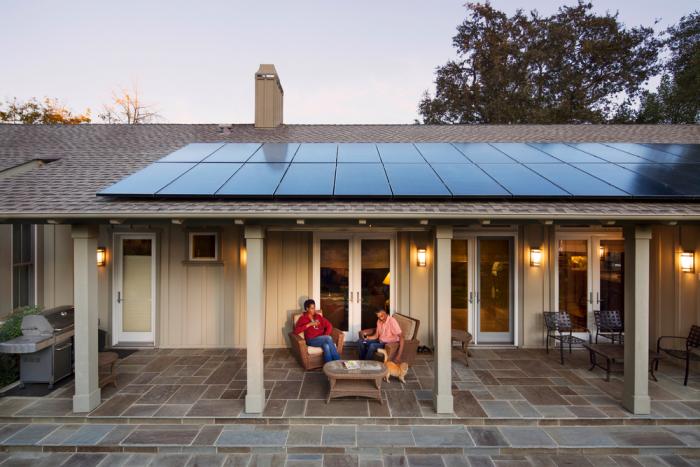
Solar power is a famously great investment and the federal solar investment tax credit (ITC) can make it irresistible. But the time to redeem ITC at its maximum value is running out, so homeowners should take advantage of it while they can.
The ITC provides homeowners with a tax credit on a percentage of the cost of their solar system1 . This makes solar’s clean-energy approach much more economical.
Throughout 2022, the ITC for residential properties will remain equal to 26 percent of the amount invested in an eligible solar property, as long as the construction begins before 2023.
But homeowners need to move fast if they want to save money with the ITC. Starting in 2023, the tax credit will “step down” to 22 percent. In 2024, it will completely phase out for homeowners.
The ITC helps homeowners because it’s a dollar-for-dollar tax credit that can be applied to the income taxes you owe. For example, if you purchase your solar system for $20,000, you could receive a tax credit of $5,200. And if you don’t have a high enough tax bill to claim the entire credit in one year, you may be able to roll over the remaining amount to future years – as long as the tax credit is still in effect.
Solar customers can use the ITC to offset expenses for their solar panels. It also covers labor costs and developer fees. Solar storage units like SunVault apply as well, as long as they’re charged only by solar panels associated with the storage system.
Keep in mind that the type of solar system financing you choose matters when claiming the ITC. This credit generally applies only to those who purchase their solar system. Homeowners who lease solar equipment or use a solar power purchase agreement usually cannot benefit from the ITC.
The ITC has been a huge driver of solar growth in the U.S -- expanding 10,000% since the tax credit was first enacted in 2006. SunPower has worked hard to keep the ITC in place and helped secure an extension of it by Congress in 2020. Even when the ITC steps down for residential customers completely in 2024, many similar state and local solar incentives will remain.
The ITC and state and local programs will save you money, and choosing SunPower for your installation can lock in savings for the long haul by putting the solar industry’s efficient solar panels on your roof2 . SunPower’s residential solar panels produce 55% more energy over 25 years than conventional panels and save more on your electricity bills, too3.
SunPower solar panels also are rated No. 1 in third-party durability testing4 , which means they can withstand the nastiest of weather conditions and still power your home day in, day out. That is just one reason why SunPower’s Complete Confidence Warranty is considered the best in the solar industry.
Our highly trained dealer network and Master Dealers will be glad to fill you in on the many ways SunPower can help you save money on energy bills while reducing your carbon footprint.
This post originally appeared on the SunPower Resources Blog
Are You Missing Out on Solar Power? Get started online or call us for a free quote 1-833-786-6878


